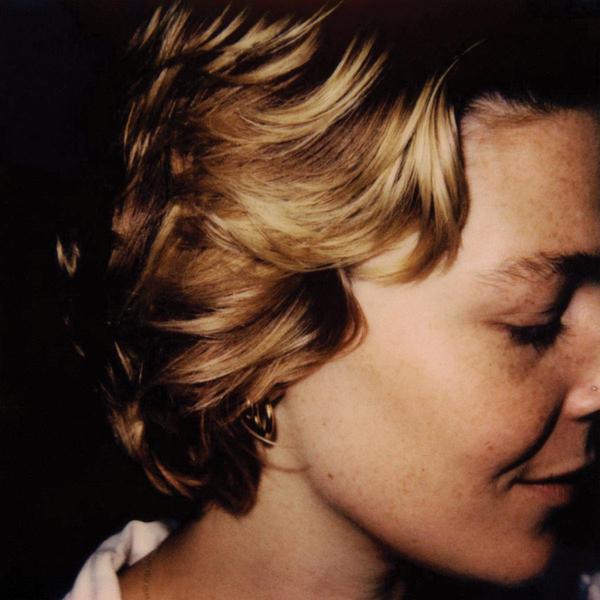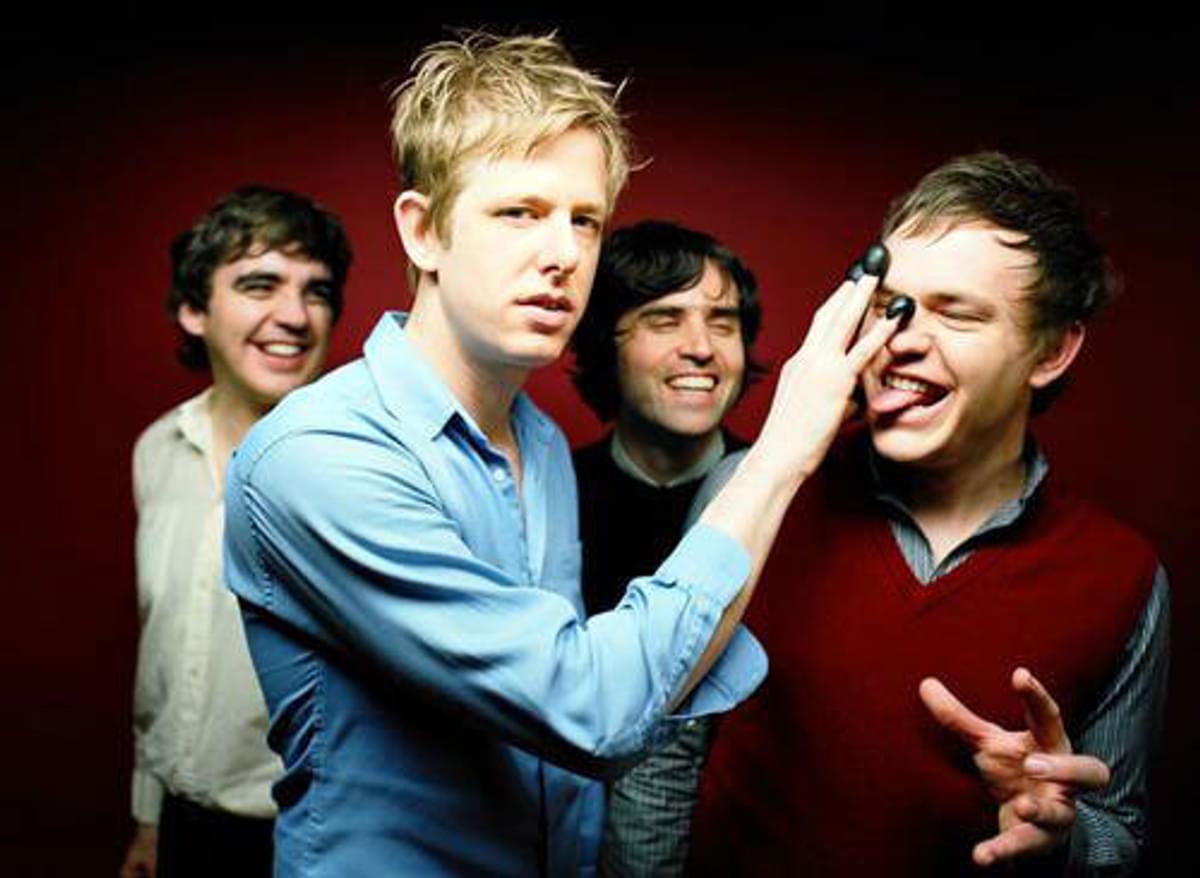
Britt Daniel of Spoon: "This record is for playing loud in your car"
“It does feel like a long time. Too long, really.”
Britt Daniel is catching me up on precisely what the individual members of Spoon have been up to, these past few years. “Jim (Eno) produced some records; probably the most prominent one was that !!! album, Thr!!!er, which he did a fantastic job of. That sounded so fucking good. Then, Rob (Pope) toured with The Get Up Kids, who he’s been involved with since he was twenty years old, pretty much. Eric (Harvey) made a solo record. We just generally felt, after the last record, that we needed a break; we hadn’t really thought about what was going to happen after that.”
In early 2010, Spoon released their seventh full-length, Transference. They’d never really wanted for critical adulation, but suddenly, their commercial performance was beginning to catch up with the rave reviews; the record entered the U.S. album charts at number four. Having spent fifteen years gradually carving out a reputation for themselves as one of America’s most prominent cult bands, with a catalogue that stylistically takes a relentless number of twists and turns, they’d finally found themselves on the verge of something like a mainstream crossover. That was almost five years ago, and we haven’t heard from them since. If demanding that Daniel fill me in on their whereabouts seems like an interrogative way to begin our conversation, that’s because it was. To put it bluntly, I wanted to know what it was they thought they were playing at.
“Listen, if it was up to me, we’d put a record out every year,” he laughs. “But the process can be draining sometimes, and by the end of that cycle, for Transference, we were all a little burned out. I more or less jumped straight back onto that treadmill by starting a new band, Divine Fits, with Dan Boeckner of Wolf Parade, and that was necessary for the future of Spoon, really. I needed something that was going to reinvigorate me, to excite me about working on new stuff again.”
Even if ‘supergroup’ seems like too strong a term for Divine Fits, there’s no question that their limited output put to bed any suggestions that post-tour burnout had destabilised Daniel, musically speaking; A Thing Called Divine Fits, with a genuine heavyweight behind the production desk in the shape of Nick Launay, met with a typically strong reception from critics. “It’s just different,” says Daniel. “In that band, I’m not singing all the songs, and I’m not writing all the songs. There are a few tracks on that record that felt like my own, I guess, but it was a nice departure to be backing up somebody else; I like supporting people I believe in, and I believe in Dan - I love his voice, and I love his songs. It was just a little more relaxing, not being the centre of attention all the time, and not feeling as if you’re being leaned on too heavily. It really gave me some energy.”
So successful were his collaborations within Divine Fits, in fact, that one of them has carried over to Spoon; keyboardist Alex Fischel is now a full-time member of both bands. “He’s someone that can solo, basically. He’s probably the technically gifted, the most prodigiously inclined of any of the musicians in Spoon. I mean, we’re all pretty good, but this guy can really play, you know. It’s just nice to have new people involved; it keeps everybody on their toes, having somebody here who wasn’t around for the last one. It keeps everybody polite, if nothing else.”
Not that there’s anything especially well-mannered about They Want My Soul, the eighth LP that the band are finally ready to put out; they’re coming back with a little more of an edge, a little more aggression than perhaps we’re used to. First cut “Rent I Pay”, in particular, is carried off with a genuine strut; if Spoon were concerned about the ramifications of a four-year lay-off, they certainly aren’t betraying it.
“You know, it did cross my mind,” says Daniel, when I suggest that they might have failed to capitalise on Transference’s success by disappearing so soon afterwards, “but it was the right time to do it. We made five records in less than ten years, and although that’s not fast by sixties standards, it’s pretty good for today. It got to the point where all of our touring cycles were overlapping. It was all good fun until the very end; it was probably overkill, more than anything else. I think there’s some records that want to be toured for two years, and then there’s some that maybe you shouldn’t push past two or three months with. We went on a little bit too long.”
So long, in fact, that Daniel felt the need to put music on the shelf for a while - the first real time off he’d afforded himself since Spoon’s formation. “I took a proper break, where I wasn’t doing much of anything, for about three months. After that, I started speaking to Dan; I had run into him in Portland, we started talking about maybe starting something up, and I thought, “OK, well, I’m just going to throw myself straight into doing this Divine Fits stuff.” That record came together really quickly; I found myself back on the road faster than I’d expected. Once I’d gotten my head around that, I felt ready to go back to writing for Spoon. There’s not that much of a transition involved, really. I don’t feel like the bands are so different that any of the songs I’ve written these past few years couldn’t work for either one.”
In the interests of blowing off any cobwebs, the band reconvened very early on in the writing process for They Want My Soul; so early, in fact, that they had barely anything to work with, at least initially. “It wasn’t hard at all to get back to playing with the Spoon guys, but when we first got together, I had maybe one song, and then Jim and Eric had the music for another one. There wasn’t much to do, but I think that ended up working in our favour. It felt, to some degree, like we were getting back to the essence of Spoon; just having fun playing together, and experimenting with ways to write songs - playing games with it, figuring out new ways of doing what we’ve always done.”
On Transference - the sound of which was a little scratchier, a little rougher around the edges than on the pristine They Want My Soul - the band chose to self-produce for their first time in their career; this time, though, they were back to making an external appointment - two, in fact. “I think the main sound of the record comes down to Dave Fridmann, really. We recorded in two halves; the first, we did with this guy Joe Chiccarelli, and then we went and mixed it with Dave. We decided that we liked working with him so much that we asked him to produce the second half, so his sound is kind of all over it. He has a really unique manner about him, a really cool perspective; he kind of maxes everything out. We’ve never worked with somebody like that before - somebody with such a strong sense of their own style.”
As a founding member - and long-time collaborator - of The Flaming Lips, Fridmann’s grounding is pretty firmly rooted in psychedelic rock, which is interesting because there’s not really anything of the sort on They Want My Soul. “It was really that one Flaming Lips album that swung it for me,” says Daniel. “Embryonic, which came out in 2010, I think. That’s my favourite record of theirs; it’s just phenomenal sounding. There’s parts of it that sound like John Coltrane, and then the next minute, it’s all, like, tribal rhythms, or something. I really loved that, and I was into those MGMT albums Dave did, too, especially the one with the big singles on it (Oracular Spectacular). I had some friends who’d worked with him, and I’d started the conversation about him maybe doing some Spoon stuff back in 2010, but he was always super busy. I’m glad we managed to wear him down.”
Even if a collaboration with Fridmann had long been on the cards, there’s still something about the quick reversion to bringing in a producer that seems to suggest the band had felt that trying their own hand at it on Transference hadn’t really paid dividends. “It certainly wasn’t a bad experience, but there were probably points at which we handled it better than others. When we were all in the studio together, and all working between us, it went great. There were other times when I was doing a lot of it alone; I spent about a month on it in the basement of my house in Portland, just me, and I discovered that it probably wasn’t my best way of working. I like that combination of ideas, and I like having other people’s perspective on it; not everybody’s, but people I trust.”
Probably the most striking production choice on They Want My Soul is just how clean it all sounds; there’s a real polish that hasn’t always been present across the Spoon discography - the crispness of the guitars on “Knock Knock Knock”, for instance, or the shimmer of the synth line on closer “New York Kiss”. Daniel, though, pleads ignorance when I raise the issue.
“I don’t know, man, I can’t tell,” he laughs. “I don’t know what’s going on. I mean, you’re probably a bit better at describing it than me, but I’m not sure we went in with any intention for there to be any kind of uniformity; I don’t ever really think that way. Once you get into it, once you’re in the thick of making a record, the only thing you’re thinking about is making sure it doesn’t suck. There’s been times where we’ve thought about making a dance album, or where I’ve wanted to do something really stripped back, like early Cure, but once you get into the process, all you’re thinking about is making each song work on its own level. You’re so desperate for that to happen, you’ll take any shot at it you can.”
There’s something about the sound of They Want My Soul, though - and the swagger with which the band carry it off - that seems to be tied up in the writing of the album; if this is a heavier incarnation of Spoon, it’s down, at least in part, to some new - old - influences.
“I was talking about this the other day, and the first band that really sprung to mind was AC/DC, actually. I bought a lot of their records in between the last Spoon album and this one; pretty much all of them, I think. And then, you know, I’ve always been a fan of The Rolling Stones, but I never really went through that phase with them, until recently; you know, when you become obsessed with a band, and you buy up all the records of theirs that you don’t have? That happened, too, and those bands are probably more blues-based than the music I usually write. You can hear that on “Rent I Pay”; that’s much bluesier than anything we’ve ever done. When I wrote it, “Rainy Taxi” was based around that, too - it didn’t end up sounding that way, but initially, the chord progressions were super traditional.”
Despite the title, though, Daniel insists that this record is more upbeat than Transference - it’s broadening their horizons, rather than deliberately constricting them. “People have been saying to me that they’re picking up on some darkness in the lyrics, like a greater intensity, but I’m not seeing it, honestly. The last album was pretty introspective; there were songs on it that were clearly written in a dark bedroom, or whatever, and were probably made for that kind of environment, too. This one, I think, is a lot more outward-looking; it’s one for playing loud in your car.”
Given that burnout was the most immediate reason for Spoon’s lengthy absence, you have to wonder if there’s measures in place to avoid it this time; there’s bound to be promotion, but I can’t help thinking about Daniel’s earlier comment, about some records not needing more than a handful of months on the road. “I’m actually really looking forward to getting back out there. I want to tour a while on this record; it feels like that’s what we should be doing, for now at least. I’m really into it. Hopefully, I won’t be the only one.”
They Want My Soul is available via Anti-/Epitaph on August 4th. Spoon play Shepherd’s Bush Empire on November 7th.
Get the Best Fit take on the week in music direct to your inbox every Friday
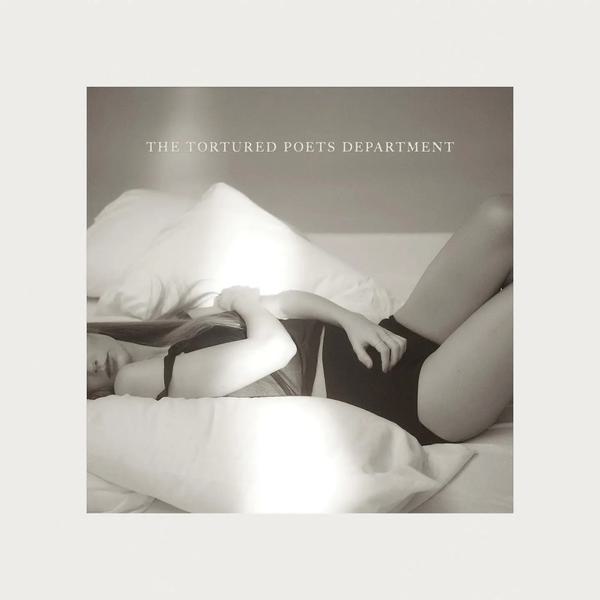
Taylor Swift
The Tortured Poets Department
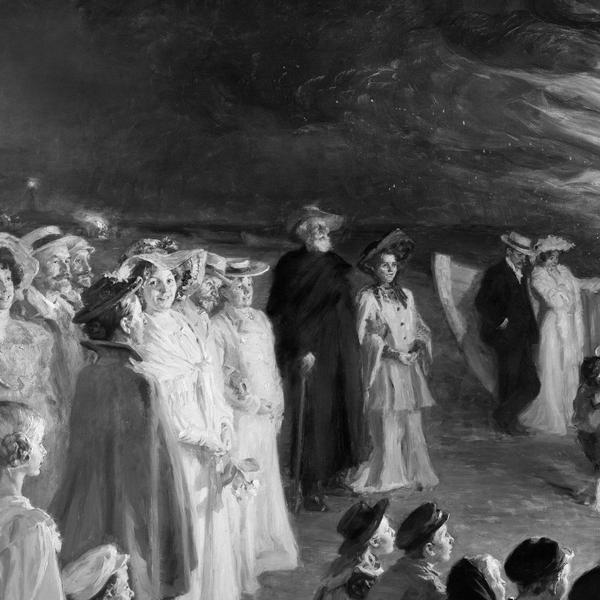
Chanel Beads
Your Day Will Come
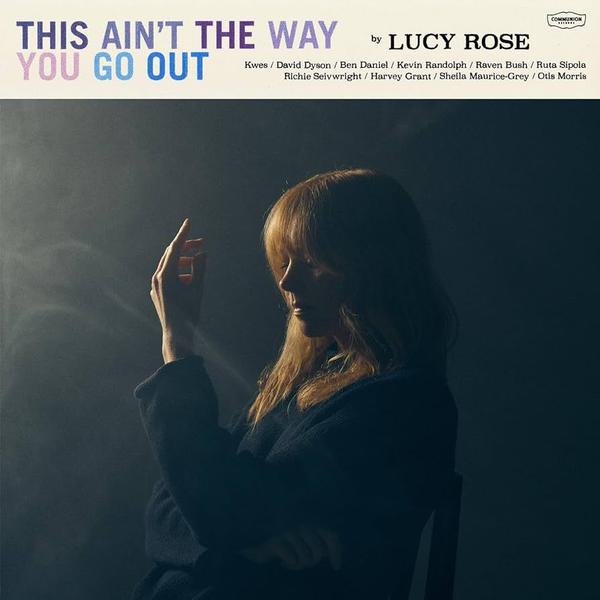
Lucy Rose
This Ain't The Way You Go Out
